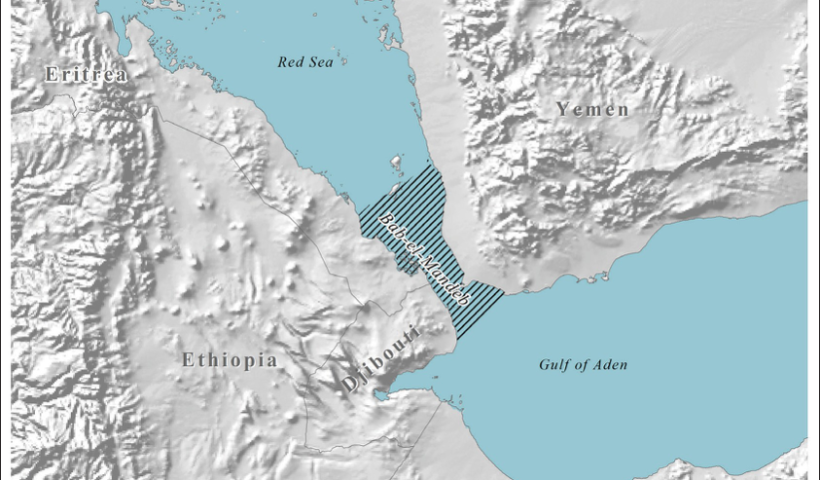MARITIME SPACES IN international law of the sea are, in essence, defined in relation to the coastal State jurisdiction over each maritime space. Thus, coastal State jurisdiction is the primary criterion in characterising maritime spaces. The ambit of coastal State jurisdiction is in principle defined spatially, based on distance from the coast. According to the 1982 UN Convention on the Law of the Sea, the territorial sea in which a coastal State exercises territorial sovereignty shall not exceed 12 nautical miles measured from the relevant baseline (Article 3). The contiguous zone over which a limited jurisdiction is exercised by the coastal State may not extend beyond 24 nautical miles from that line (Article 33). The Exclusive Economic Zone (EEZ), where the coastal State may exercise sovereign rights regarding the exploration and exploitation of natural resources, shall not extend beyond 200 nautical miles (Article 57). The same is in principle true for continental shelves of less than 200 nautical miles (Article 76(1)). It would seem safe to say that these rules have now become customary law. Hence, the definition of the spatial extent of coastal State jurisdiction is at the heart of the international law of the sea.
View More Importance of Maritime Delimitation in International Law of the SeaImportance of Maritime Delimitation in International Law of the Sea
IILSS 2nd December 2021How are maritime borders defined?How the maritime boundary of two states opposite or adjacent are to be decided?Maritime Claimsmaritime delimitationspatial extent of coastal State jurisdictionWhat are the sovereign rights of the nation over the territorial sea?What is delimitation in international law?What is delimitation of maritime boundary?What is the boundary for international waters?What is the equitable result in the law and practice of maritime delimitation?What is the meaning of maritime contact?What is the principle of maritime delimitation?Where is an area that has a maritime boundary dispute?Who holds the power to determine maritime borders?Why is the maritime delimitation important?


